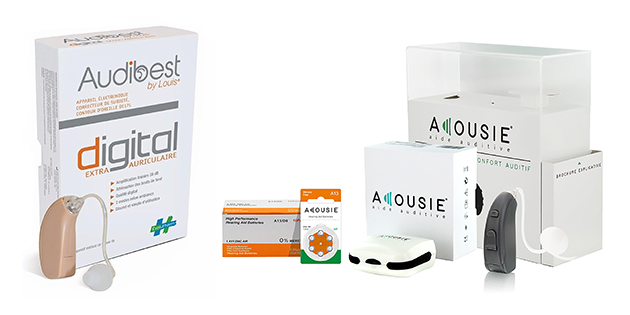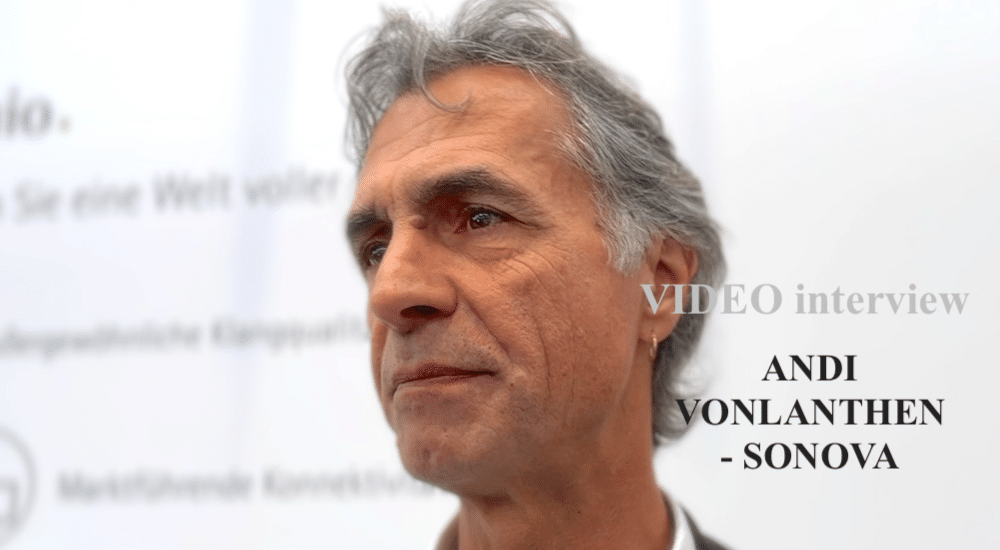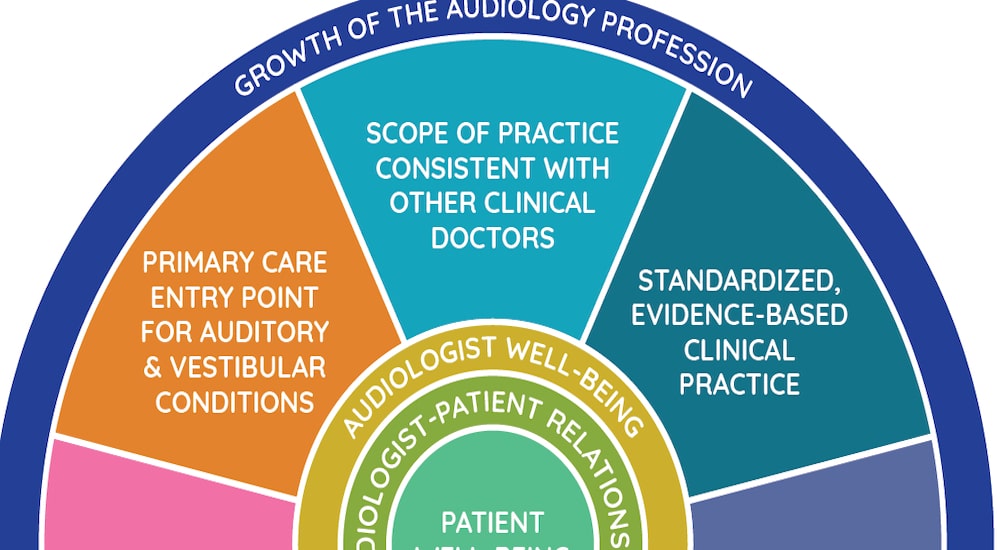French social security dismisses reimboursement claims on OTC hearing aids
OTC
In February, EvoluPharm announced that “AUDIBEST by Louis”, supposedly “the first over-the-counter presbycusis device reimbursed by the social security”, sparking concerns this would lead to

a form of deregulation of the hearing aid dispensing system in France, as this medical device exceeds the 20dB amplification. In an exclusive interview for Audio infos, the Social Security addresses these claims.
The French national insurance calls for a review of this device by the French National Authority for Health (HAS)
When questioned about this device, which falls outside the scope of assistive listening devices, the French national Health Insurance body invited all parties to refer to its website: “As it stands, in order to qualify for reimbursement, hearing devices from the official list of refundable products and services (LPP) must be delivered after a consultation with a hearing care professional and several patient listening sessions, as well as hearing tests and device tests and adjustments, which are all listed very explicitly.” Most importantly, the national body further stated that: “This device does not meet these conditions. It is an intermediate medical device, somewhere in between hearing aids, which are under the monopoly of hearing care professionals, and assistive listening devices, which are available in open distribution.” So as to shut down the debate for now, it emphasizes: “This device must be evaluated by the HAS and, if applicable, be registered as such in the LPP registry. Until then, no reimbursement is possible.”
Are several models of the same device trying to gain foothold in pharmacies by capitalizing on regulatory ambiguity?
EvoluPharm is not the only manufacturer that is wanting to sell a hearing aid in pharmacies. The same device, “Audibest”, was presented to audiologists as a white label product through a mailing campaign, and is also being commercialized by another company, Medi-Vision, under the name “Acousie”. The manufacturer, Auditive Lab (Consulting Development Investment), an American firm, describes these medical devices -including a BTE called “DE17L” and a pre-formed ITE “SI17L”- as pre-set up to 35db. This means they cannot qualify as assistive listening devices, whose level of amplification cannot exceed 20dB and which pharmacists are authorised to sell since the Order of August 13, 2014 came into force. This Order amended the previous Order of February 15, 2002, which set out the list of goods which pharmacists are authorized to sell. In all events, it seems a number of distributors want to take advantage of a situation which can be seen as unclear.
Will hearing aids become available outside the hearing care circuit?
All the distribution networks established in France, EvoluPharm, Medi-Vision, etc., claim that these devices are available at zero charge to patients -claiming they qualify for full reimbursement under the list of LPP as hearing aids- and most importantly, that there is no obligation to go through a hearing care professional to be fitted with these devices, given that, in essence, they are sold as “ready to use”.
In fact, distributors emphasise that the “DE17L” is designed to be sold exclusively for pharmacies. And all their communication materials offer the same statement: “This class IIb medical device has been evaluated by the French national testing laboratory (Laboratoire national d’essais, LNE) and obtained a score of 6.6 (out of a minimum requirement of 5), thereby making it eligible for reimbursement by the Social Security, on the basis of EUR 199.71 per ear (LPP code 2351548), leaving a remainder of EUR 0 to be covered by patients.”
No debate over this hypothetical reimbursement, according to the French national union of hearing care professionals (Unsaf).
Is France heading towards an American-style “Over-The-Counter” system? It would appear not. The initial response to this situation shut down the very idea that this is up for discussion. In a pithy statement, the French National Union of Hearing Care Professionals (Unsaf) issued an explanatory note in the wake of the presentation of this product, reminding its members: “Some of you have forwarded information about so called ‘medical devices’ or ‘assistive listening devices’ which are presented as eligible for reimbursement and which can allegedly be sold by opticians or pharmacists without the intervention of a hearing care professional. This is absolutely false since any reimbursement of hearing aids is subject to its having been fitted and monitored by a hearing care professional”, as stated on the website of the French Health Insurance. On their part, some of the distributors marketing the product claim their clients have successfully obtained reimbursement for these devices; however, as of the time of writing, without providing any proof. As it stands, and in view of the position of the French Health Insurance, this peremptory attempt to introduce hearing aids in pharmacies seems somewhat compromised.


